Perhaps no region in the world is the focal point of the global media or the political discourse as intensely as the Middle East. Every event in the Middle East seems to have its genealogy in both the remote and immediate past, which in turn paves the way for more horrible developments. This has been the trajectory of the region for decades. When the global media was awash with the Israeli occupation of Gaza, the sudden demise of the Assad regime in Syria shifted the whole discourse.
Like other parts of the Arab world, Lebanese domestic politics is also going through a critical moment because of the emergence of new politics in the wake of the formation of the new government under the leadership of Nawaf Salam. The formation of the new government involved a staggering exercise, and it took more than a month to reach a consensus. There are four members from Hezbollah and the Amal Movement (the Shiite duo) in the new government. The fifth Shiite was nominated by President Joseph Aoun against the will of Hezbollah.
In the new government, Hezbollah was deprived of a finance portfolio for the first time in decades. Instead, the high-profile ministry was allotted to number two of the Shiite duo, the Amal party. This is a sign of Hezbollah’s diminishing clout in national political spheres and the emergence of a new power equation in the country. Newly appointed Finance Minister Yassine Jaber is known to be close to the speaker of the house, Nabih Berri, and not an ardent loyalist of the Amal party. Some smaller parties close to Hezbollah, like the Maradah Movement and the Tashnaq Party, were kept out of the new government. It was also observed that all Sunni ministers were inducted into the new Cabinet without prior consolation with Hezbollah, contrary to the norms in the past.
Hezbollah bleeding out
Amid the noticeable decline of Iran’s geostrategic sway in the region and the collapse of the Assad regime in Syria in December 2024, Hezbollah has lost two of its major patrons, with the former once the most powerful actor within the Axis of Resistance.
The demise of the Assad regime came at a time when Hezbollah itself lost its political and military credibility exponentially due to the loss of thousands of Lebanese and mass displacement in the course of its war with Israel. The conflict has resulted in the deaths of many of its stalwarts, including its chief, Hassan Nasrallah, in a clandestine Israeli operation and acceptance of an unfavorable cease-fire. One of the major components of the cease-fire deal between Israel and Hezbollah calls for the destruction of weapons, military infrastructure and all military sites belonging to anyone other than the state of Lebanon.
Since the implementation of the cease-fire in December last year, Israel has violated it numerous times, and in the latest targeted killing, it targeted the operation head of Hamas in the city of Sidan in southern Lebanon. The incident took place on the last day of the complete withdrawal of Israeli forces from southern Lebanon, on Feb. 18, 2025. The Israeli army intensified its military operations as the date for its withdrawal was nearing. Israel has already sought two extensions. It again is seeking an extension of 10 additional days for a complete withdrawal from the region, which the new government in Lebanon has rejected.
These unfolding events in a short time have rendered Hezbollah ineffective, and now it seems to have lost track of its ideological, political and military pursuits. The killing of Nasrallah not only inflicted profound political and military damage to Hezbollah, it underscored the depth of Israel’s military and intelligence penetration in Lebanese security and defense architecture. The current leadership lacks the charisma, ability, vision and energy to revive the enthusiasm of its cadres. Only during the last Hezbollah-Israeli war (2006) did Nasrallah’s popularity soar, and he became the star of the resistance movement as his forces compelled Israelis in a 33-day war to withdraw from southern Lebanon.
Soon after the formation of the government, Nawaf said that Lebanon’s new government would implement United Nations Resolution 1701. He also stated that only the state has the right to carry arms, which itself signals the waning clout of Hezbollah in today’s Lebanon. The current prime minister was the one who had earlier supported the Special Tribunal for Lebanon, tasked with finding out Hezbollah’s alleged role in the assassination of former Prime Minister Rafiq Hariri in 2005. Newly elected President Aoun has also claimed that he would be working to ensure the state’s monopoly over arms and implement the U.N. resolution for disarming all the militias, including Hezbollah. Hezbollah is known to be the most heavily armed non-state actor in the world, which, through its presence on the streets and in the state, has had a huge impact on national politics for decades. There was a time when neither the state nor the armed forces had the capability to control Hezbollah, and this exceptionality is evident in its unilateral decision to wage war against Israel in solidarity with Hamas.
Hezbollah’s growing marginalization in national politics was quite evident when it, along with another Shiite block, the Amal party, voted for Joseph Aoun as president despite its past disenchantment with him. Perhaps Aoun could not have attained the presidency were it not for a military setback suffered by Hezbollah at the hands of Israeli forces. Their support for Aoun reflects not only a major shift in the balance of power in the domestic politics of Lebanon but also an echo of Hezbollah’s embracing compromise and consensus, which is something unheard of in the past. The pursuit of politics of accommodation seems strange when one unravels Hezbollah’s past history, as it has mostly acted as a state within the state.
Many factors could have stripped Hezbollah of its past supremacy and glory, but what has weakened it to the core is Israel’s growing hegemony in the region and Hezbollah’s inability to offer a new political model to the people of Lebanon reeling under all sorts of crises. The Lebanese economy has almost collapsed, and for 80% of Lebanese, the validity of food and basic necessities has become an astute problem.
A new Lebanon
The election of Aoun and Salam has proven that Lebanese politics will no longer be under Iranian influence or tied to the will of Hezbollah alone. The Gulf states and the United States seem to have reappropriated their lost position in Lebanese affairs. The visit of Saudi Arabia’s foreign minister to Lebanon after 15 years has already proven that Lebanon is on the path to new politics. Deepening ties between Lebanon and Gulf monarchies, including the U.S., would, no doubt, be a source of concern for Hezbollah. The more the new government makes its outreach to the Gulf, the more isolation Hezbollah would face.
Aoun is reported to have good ties with all those who do not approve of Hezbollah, like the U.S., Saudi Arabia and France, and he has been nominated as president despite some experts considering his elections invalid according to the constitutional provision of Lebanon. In the near future, the biggest challenge for Hezbollah would be to regain its lost ground, rebuild the movement through all means and deter the process of its isolation in the region. While the new government in Lebanon will be keen to capitalize on Hezbollah’s growing marginalization in the national and regional sphere, it would be possible only if it succeeds in delivering its promises and creates new hope among the people deprived of nearly everything.

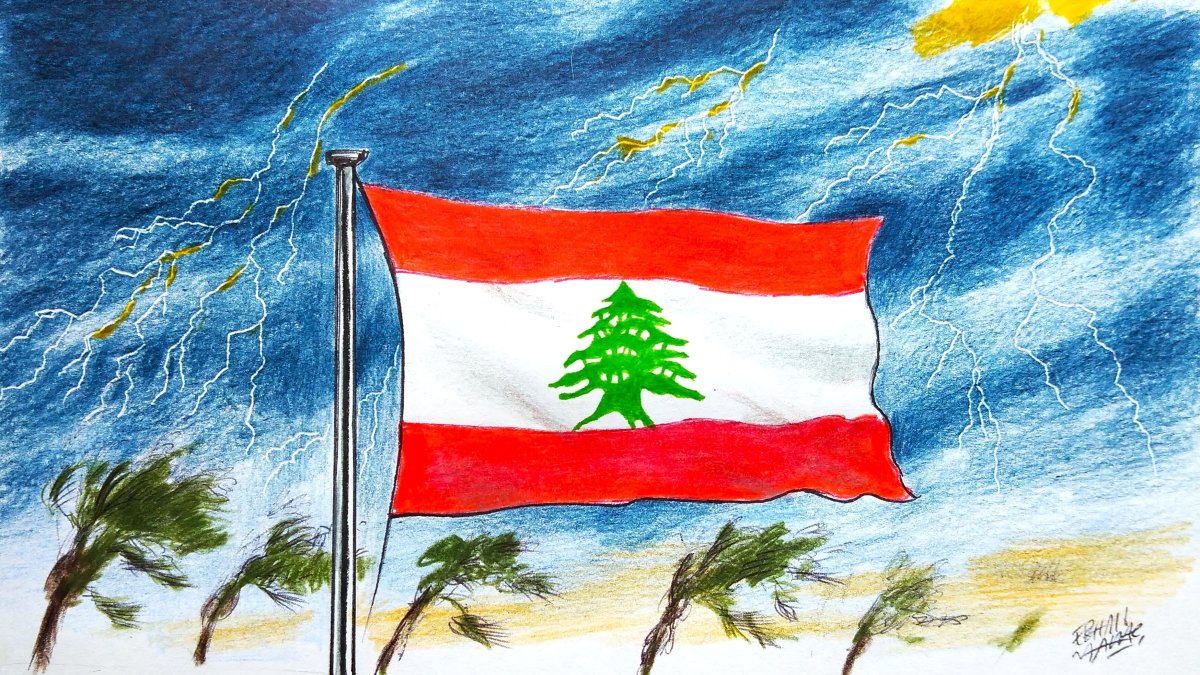



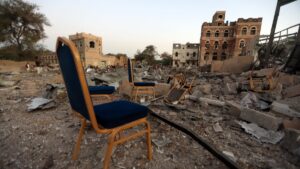
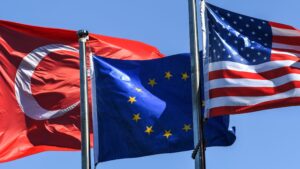
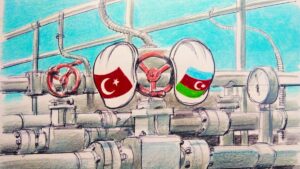
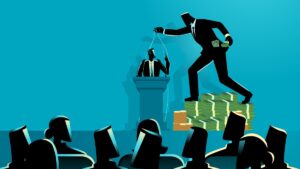
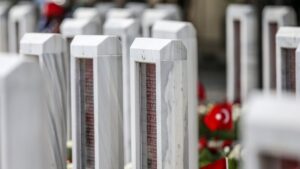



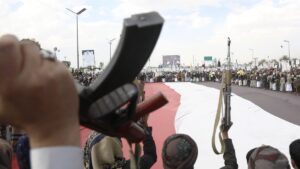

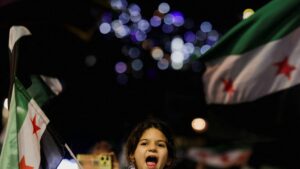


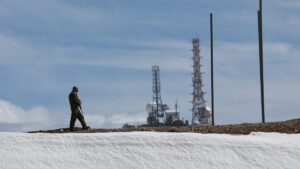
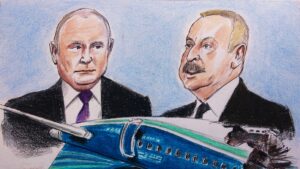
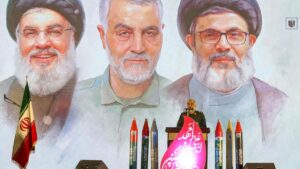

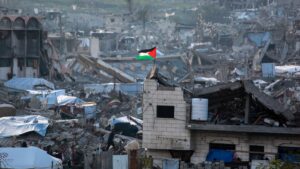
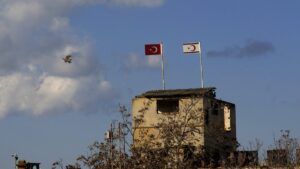
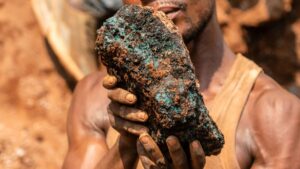
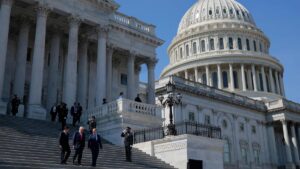
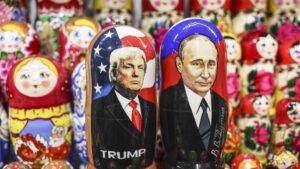
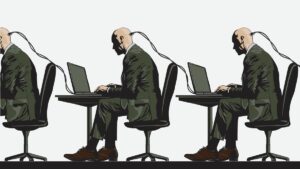


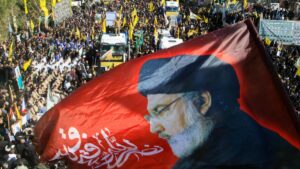

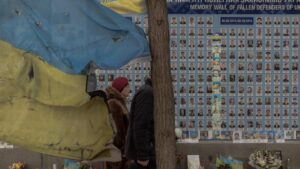
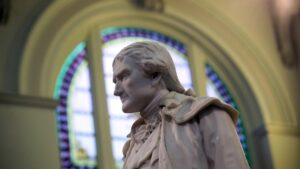
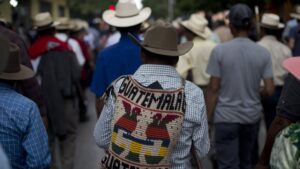
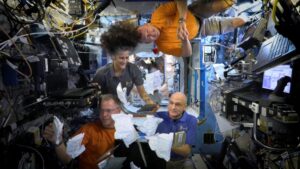
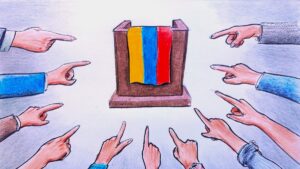
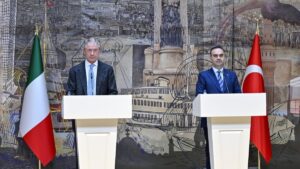
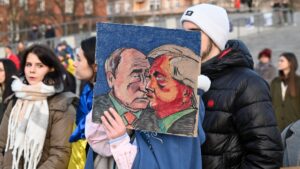
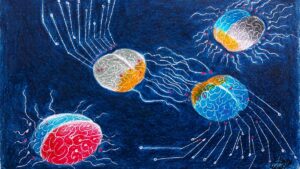
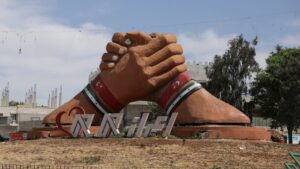
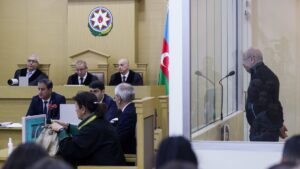
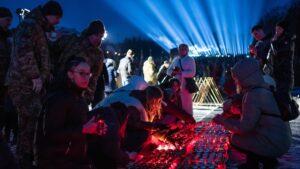
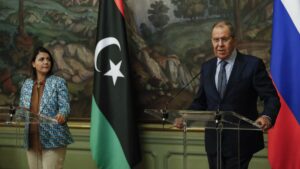
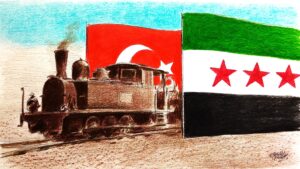
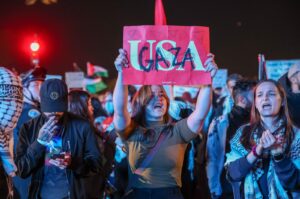
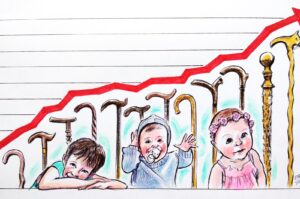
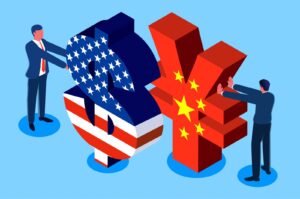

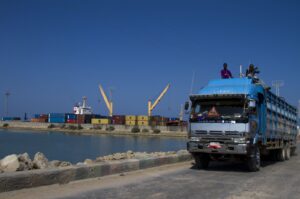
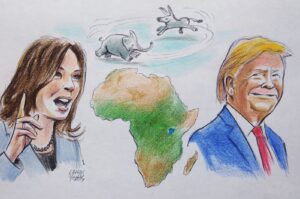

Be First to Comment